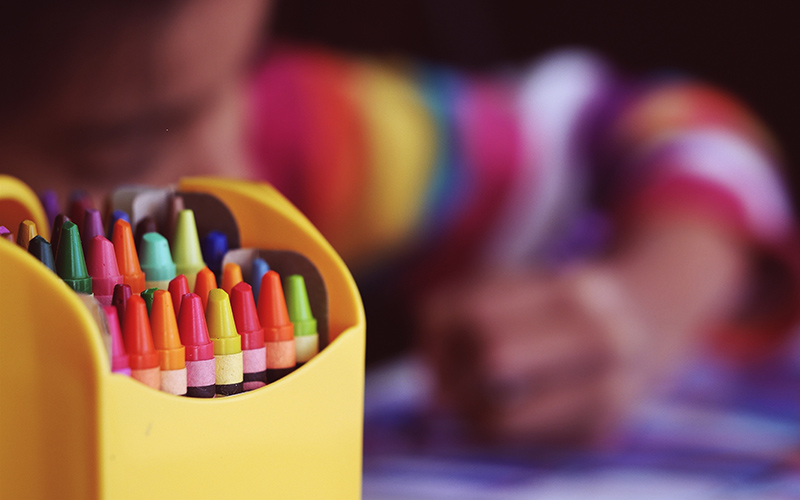170,000 USD allocated to Armenian Schools in Lebanon

The Armenian Communities Department has allocated 170,000 USD to the 18 Armenian schools in Lebanon. Within the scope of this contribution, a grant is also awarded to the Bird’s Nest institution for its care of children with special status.
Lebanon has found itself in political, social and economic turmoil over the past few months. The Foundation has been following these developments with concern, being fully aware that the difficult situation is having an adverse impact on the Armenian community and on Armenian schools in the country.
In August 2019, the Armenian Communities Department published its educational strategy for the Lebanese-Armenian community. The launch of the programmes envisioned in the strategy, initially scheduled for the beginning of the 2019-2020 academic year, has been postponed by several months, taking into consideration the alarming situation in Lebanon.
The funds of the present contribution have already been transferred directly to the schools. The amounts were determined based on the number of students and teaching staff in each institution, as well as the needs and concerns highlighted by school leaders during their meetings with the Foundation’s Focal Point in Beirut.
Acknowledging that “the schools are the future of the community,” the Director of the Armenian Communities Department, Razmik Panossian, stated, “alongside their educational programmes, the schools in Lebanon have incurred enormous expenses in their daily operations during these difficult days. Our allocations to the Armenian schools are not a substitute to the Foundation’s educational strategy in Lebanon, but provide a modest and immediate relief to schools, affirming once again, Calouste Gulbenkian Foundation’s ongoing commitment to and cooperation with Armenian educational institutions.”
Dr. Panossian will visit Lebanon in February 2020 and will hold meetings with education officials in the community to discuss the new strategy and outline plans for its implementation.
This article can be consulted in Armenian.
Read Armenian version